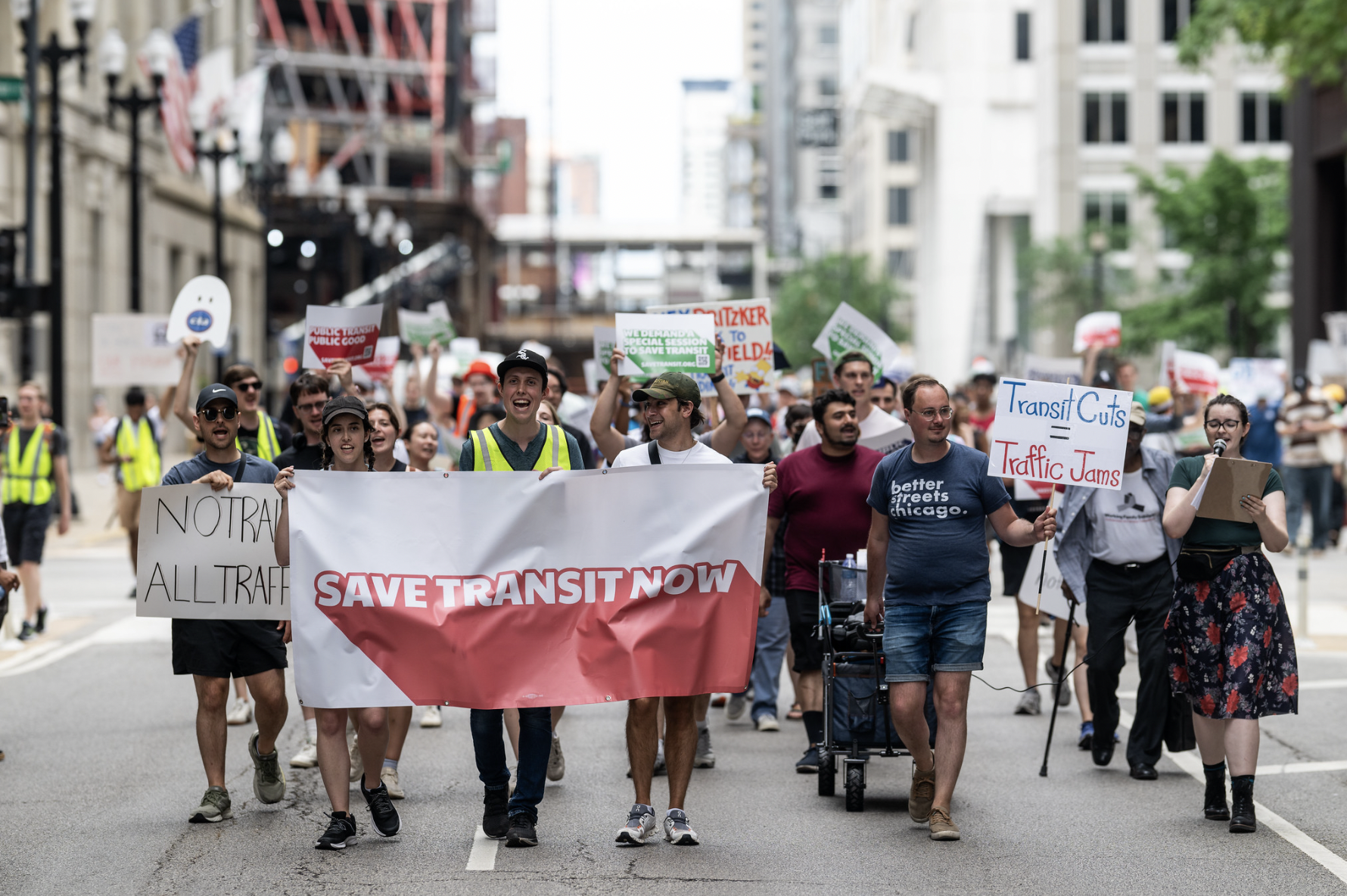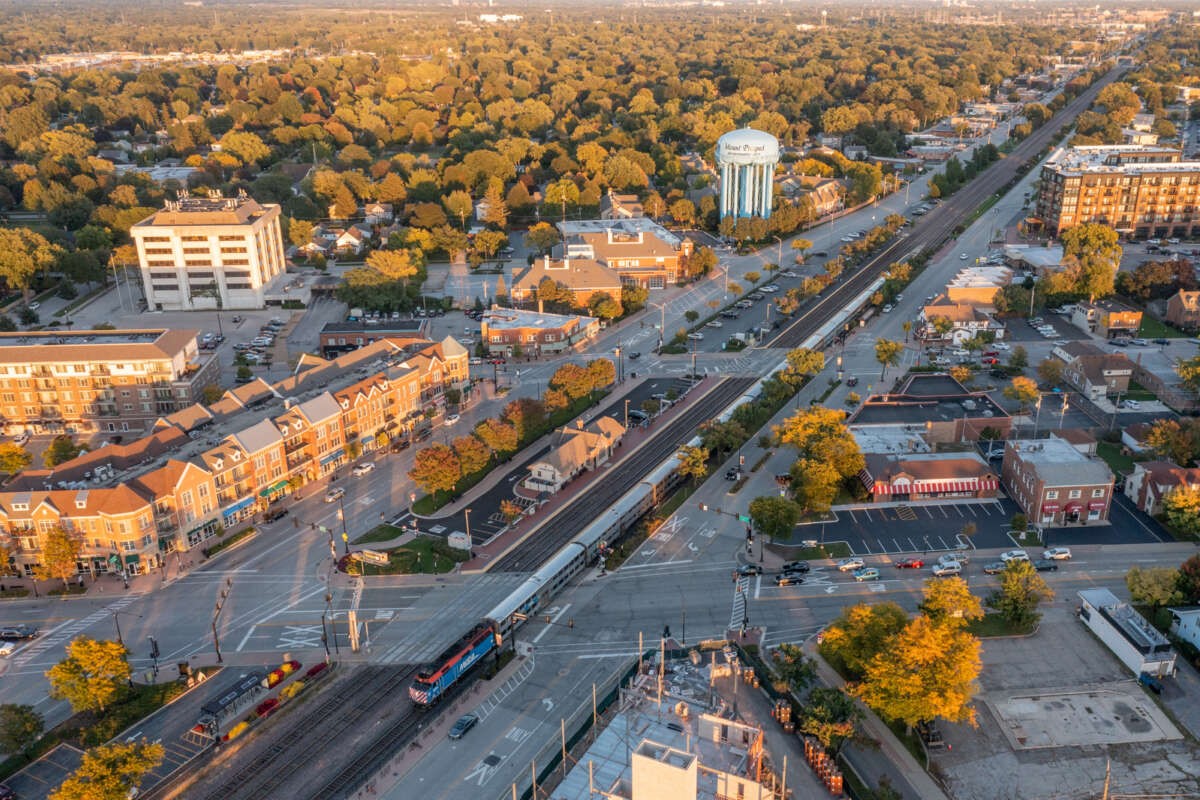
In November, voters in 36 states will head to the polls to choose governors. Among the state leaders up for reelection is Wisconsin's Scott Walker, who faces a strong challenge from Democrat and former Trek Bicycle executive Mary Burke.
Walker is one of three Republican governors who rejected high-speed rail funds from the Obama administration in 2010 and 2011. Now rail advocates are looking to remind Wisconsinites of what they lost out on. James Rowen at the Political Environment writes:
Readers of this blog over the years have probably seen innumerable posts -- many rolled into or referenced in a comprehensive, summary 2013 item -- about Wrong-Way Walker's reversal of federal funding for Amtrak service from Milwaukee to Madison.
Also lost after the 2010 gubernatorial election: years of good-paying rail line construction jobs and a now-shuttered train assembly factory and maintenance base in a low-income Milwaukee neighborhood, all victims of Walker's "No-train," Tea Party-inspired, self-serving and partisan attack on the federal government, out-going Gov. Jim Doyle and Pres. Barack Obama.
Rail transportation advocates haven't give up, as seen in this billboard along the now-lost rail corridor between Madison and Milwaukee. Hats off to the Environmental Law and Policy Center, (ELPC), in Chicago, for the activism and media campaign.
Elsewhere on the Streetsblog Network today: Dan Malouff at Beyond DC suggests keeping cars out of transit lanes using some of the same techniques cities employ to make protected bike lanes. BikeWalkLee has the numbers to prove that recent transit cuts in Lee County, Florida, are depressing ridership. And Bike Portland posts photos of the best bike parking at a Portland retail business.




